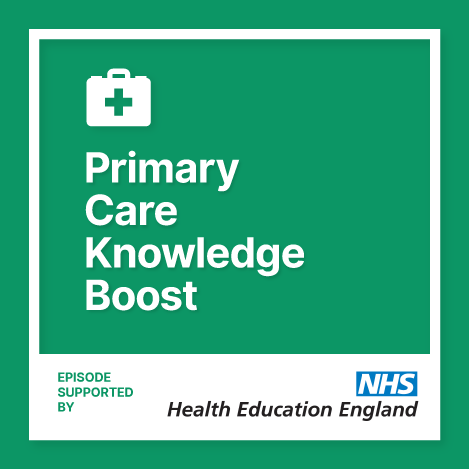GP Trainee SuppoRTT Resources
SuppoRTT HomeProcess & FormsNW SuppoRTT CourseSuppoRTT ChampionsPeer SuppoRTTIMGs
Applying for ActivitiesSuppoRTT Activities CalendarCoachingSuppoRTT ResourcesContact the Team
GP SuppoRTT Resources
Meet a GP SuppoRTT Champion |
|
| GP Trainee’s experiences of the SuppoRTT programme | |
| FAQs | Download the GP specific frequently asked questions here |
| GPST Enhanced Supervision Guidance | A guide to the Enhanced Supervision Period for GPSTs returning to training after a prolonged absence: GPST Enhanced Supervision Guidance |
 |
NB Plus is a subscription for online learning from NB Medical. More information can be found here. This enables GPSTs to have access to the full complement of courses that NB Medical provide for a period of twelve months at a time convenient to them. It includes live or pre-recorded courses in:
Subscriptions will need to be purchased directly from NB Medical, but reimbursement can be requested via the RTT-A process. **Courses are available from other providers**. |
 |
Red Whale Unlimited - 12 months unlimited access to ALL Red Whale online learning – full and half day online courses, on a range of primary care topics, to watch live or on demand. Includes access to 900+ online articles on GPCPD.com for further learning and to help you answer questions in consultations. Find out what's included on their website. Subscriptions will need to be purchased directly from Red Whale, but reimbursement can be requested via the RTT-A process. |
 |
The AKT is a mandatory exam for MRCGP and it is a computer marked paper testing APPLICATION of knowledge in a general practice setting. Please see Preparing for the AKT for more information and tips on how pass the exam. |
 |
As part of her role as Associate Dean in Health Education North West, Dr Alison Caldwell looks after GP trainees who sit the AKT and those that may fail. In this episode she shares her pearls of wisdom for preparing and sitting the AKT. It has lots of useful information for trainees and trainers including how to break down the curriculum and where to best focus learning as well as how to actually do that learning effectively. We also cover how to improve exam technique as well as useful resources and specific advice for those who have tried and failed the exam. We really want to make these episodes relevant and helpful: if you have any questions or want any particular areas covered then contact us on Twitter @PCKBpodcast Listening on a podcast appIf you listen to podcasts already, you can find us on your favourite podcast app by searching “Primary Care Knowledge Boost”. If you don’t have a podcast app, it is free and easy to install on your phone:
Once you have installed an app and subscribed you should now be able to view our previous podcasts and will be notified when we post new ones. Listening via direct linkIf you want to listen directly, you can do so here: https://www.pckb.org/ This may not work on NHS computers but you should be able to open it on a phone, or personal computer/tablet. ️Contact usHave feedback or suggestions? Just want to say hello? You can get in touch by either emailing us directly at primarycarepodcasts@gmail.com or on Twitter @PCKBpodcast |
Please also visit our Resources page to see what is available for everyone.
Page updated 9th May 2025